Two of Canada's Largest Retail REITs Report Supply Crunch Amid Rising Construction Costs
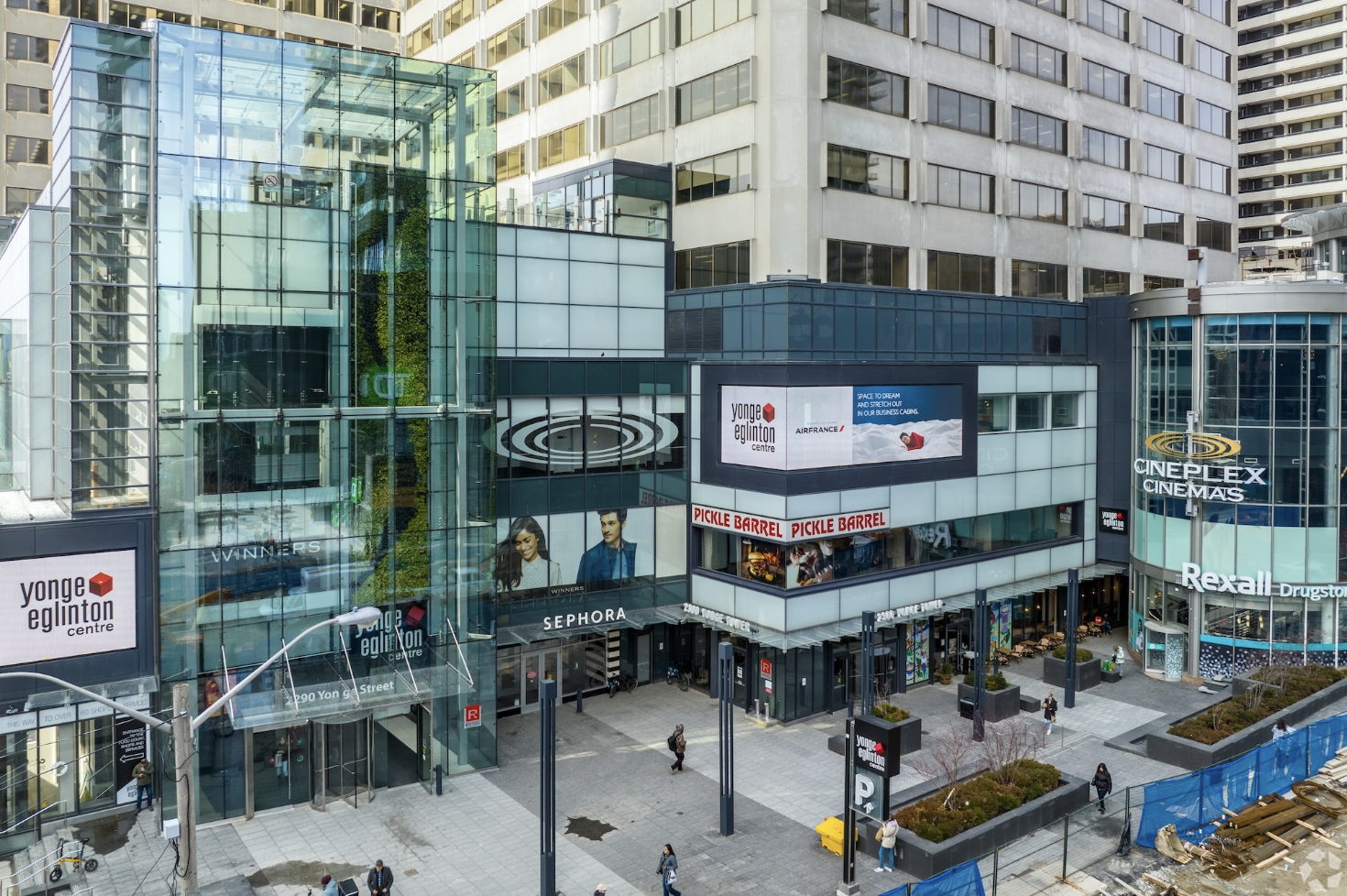
Two of Canada’s Largest Retail REITs Report Supply Crunch Amid Rising Construction Costs
Higher interest rates are top of mind for two of Canada’s largest retail REITs reporting earnings this month, with both RioCan and First Capital saying they expect those costs will keep the supply of available retail space tight.
Toronto-based RioCan, Canada’s oldest real estate investment trust with a portfolio of 200 buildings across the country, told analysts it does not expect retail vacancy to change much in the coming years.
“All indicators are that the type of space RioCan offers will continue to be in short supply and high demand. But our operating results are rooted in factors far more deep-seated than favourable supply-demand dynamics,” said Jonathan Gitlin, chief executive of RioCan, in a conference call with analysts last week.
For the third quarter that ended Sept. 30, the REIT reported a net loss of $73.5 million compared to a profit of $3.2 million last year.
The decrease was mainly attributed to fair value losses of $199.5 million on investment properties in the third quarter compared to $118.8 million in the third quarter of 2022, primarily from increasing capitalization rates to reflect current market conditions resulting from higher interest rates.
“Who knows if interest rates will move up, down or stabilize? What I do know is that at times like these, RioCan is fortunate to be operating a best-in-class retail portfolio in the major markets of this great country,” said Gitlin.
Higher Construction Costs
Retail committed occupancy for RioCan reached an all-time high of 98.3%, and the REIT’s average rent per square foot for new deals was $27.02, more than the average net rent for the portfolio at $21.39.
However the reality of present market conditions and construction costs has RioCan opting to slow down on new projects.
“Just to clarify, we’re pulling back on construction, not development, which means that we continue to move the needle forward on getting properties entitled, getting them free of tenant obligations and things of that nature so that they are shovel-ready. So it’s construction that we’re pulling back on,” said Gitlin.
At rival First Capital REIT, which has property interests in 143 Canadian neighbourhoods with 22.3 million square feet of gross leasable space, Chief Executive Adam Paul had the same type of message.
“Starting with inflation, concerning replacement costs as well as tenant sales, replacement costs have escalated significantly over the past few years,” said Paul on a call with analysts.
He said replacement costs for the retail space the REIT owns are almost 50% higher than the market value of the properties today. “This dynamic will continue to keep new supply effectively muted as has been the case for several years,” said Paul.
For the third quarter, First Capital recorded a loss of $327.5 million compared to a loss of $204.7 million a year earlier. Included in that loss was a $434.1 million writedown on the value of its properties compared to a $271 million writedown a year earlier.
Retail Demand Strong
Mark Rothschild, an analyst with Canaccord Genuity, the global capital markets division of Canaccord Genuity Group Inc., issued a report this week saying he agreed that demand for retail space should remain strong, resulting in continued low availability rates.
“We do note, however, that potential slowing economic growth could moderate rent growth. Tight availability for retail space in Canada has led to upward pressure on market rents,” Rothschild said in the note.
JLL Canada’s fall retail report noted that the continued demand for physical space and a shortage of new space is keeping the Canadian retail market tight with availability at historically low levels.
“After the surge in e-commerce during the pandemic, Canadians have returned to brick-and-mortar stores, shopping centres, restaurants, and airports. Demand for retail space continues to outpace supply this year, although this demand is now easing and expected to align with supply in the coming quarters,” said the real estate company.
The company added a slowdown in housing construction could also affect demand for retail.
“The slowdown in housing construction is impacting the retail sector, especially now that retail is increasingly built with residential. The decline in investment in building construction, including both commercial and residential projects, creates a challenging environment for retailers and will have implications for the growth and expansion of retail spaces in coming years,” said JLL.
Source CoStar Click here to read a full story


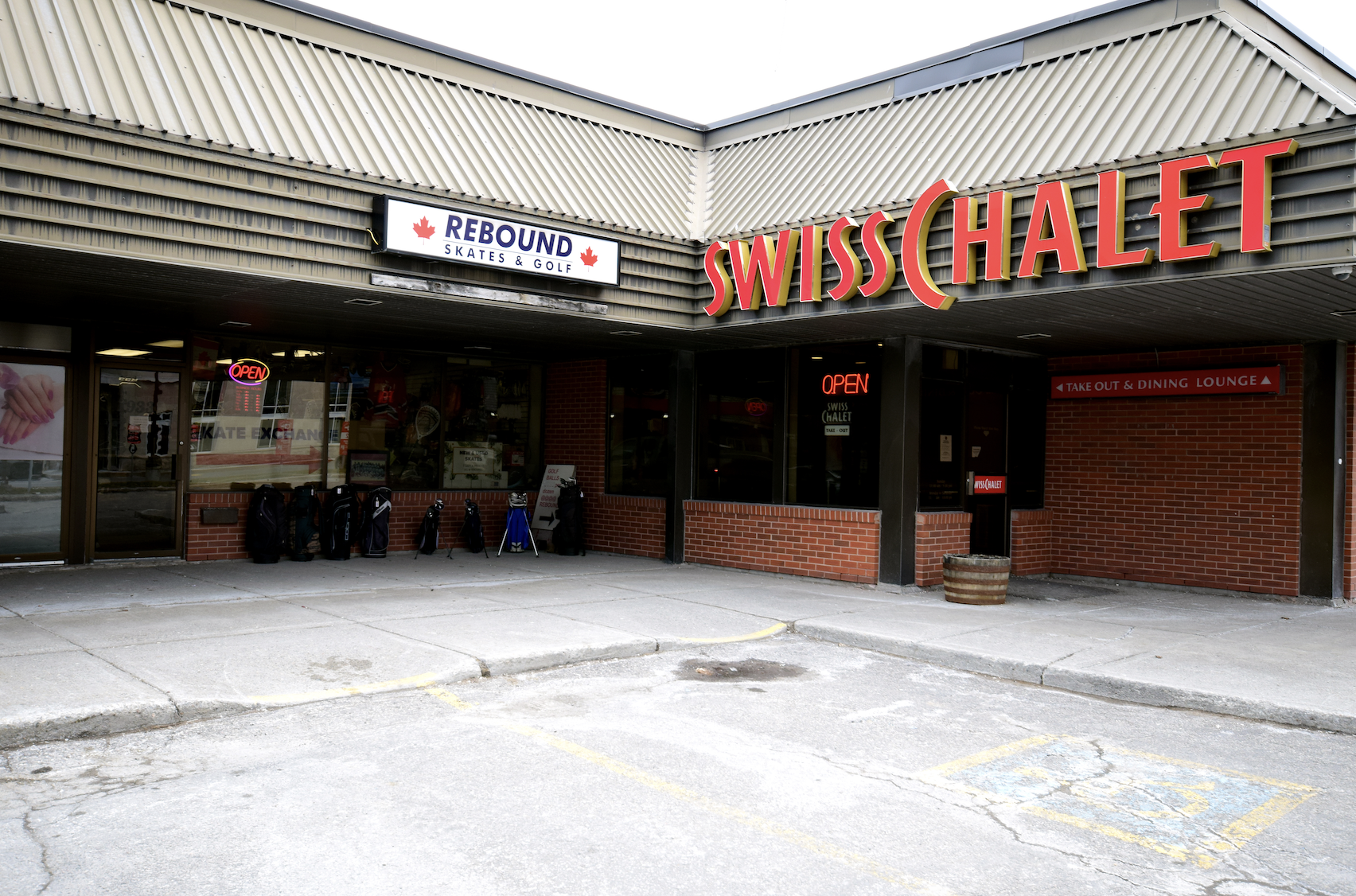
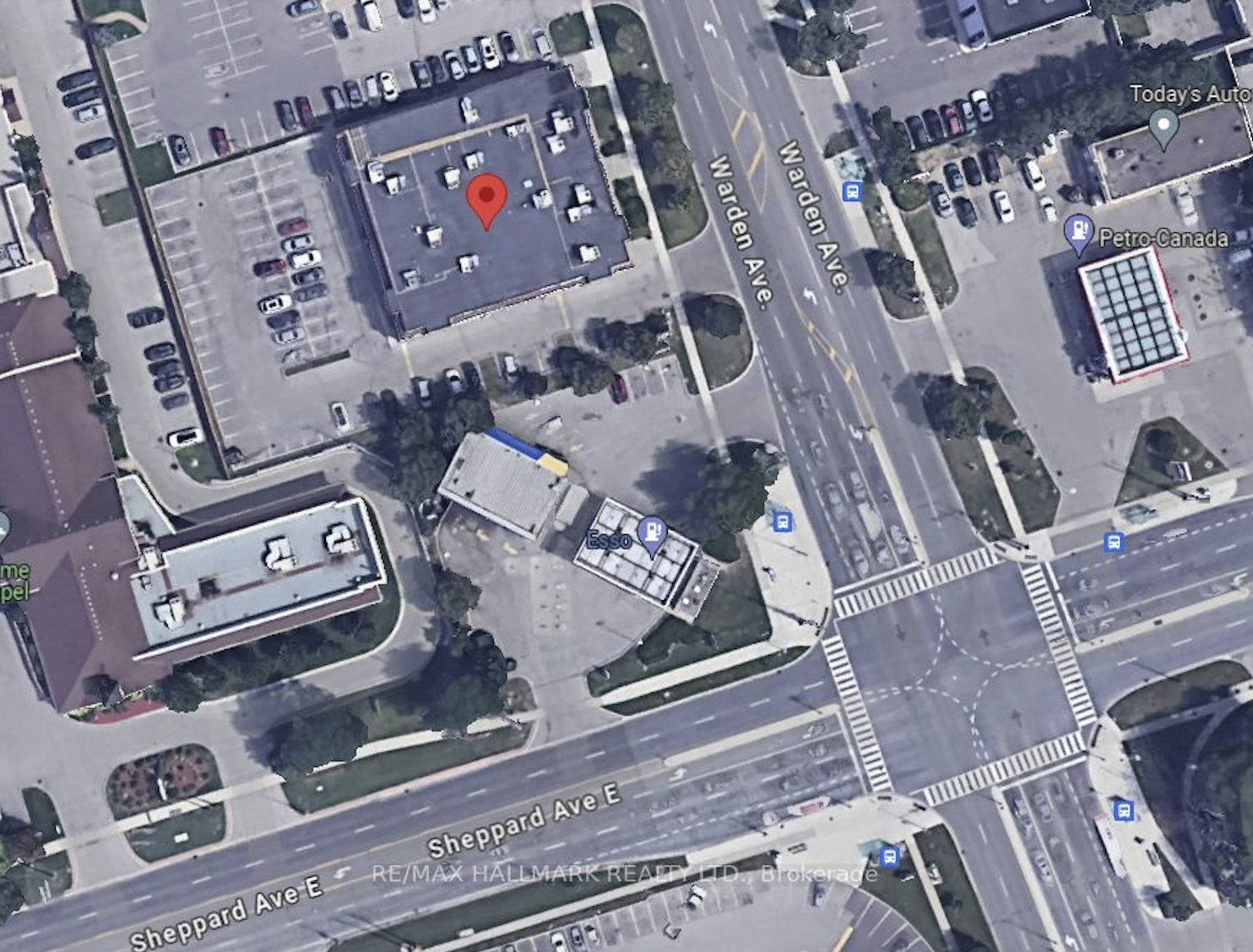



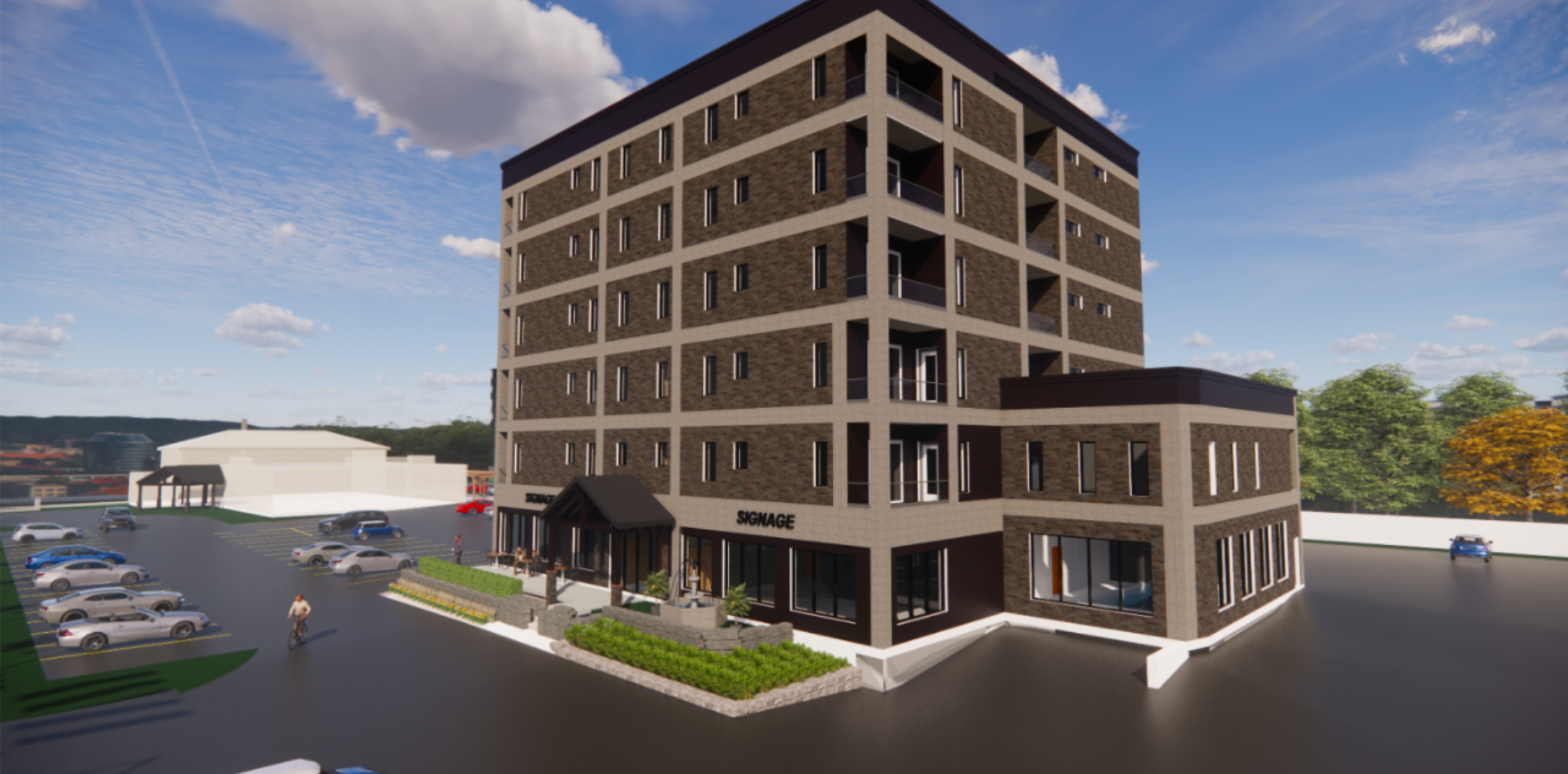
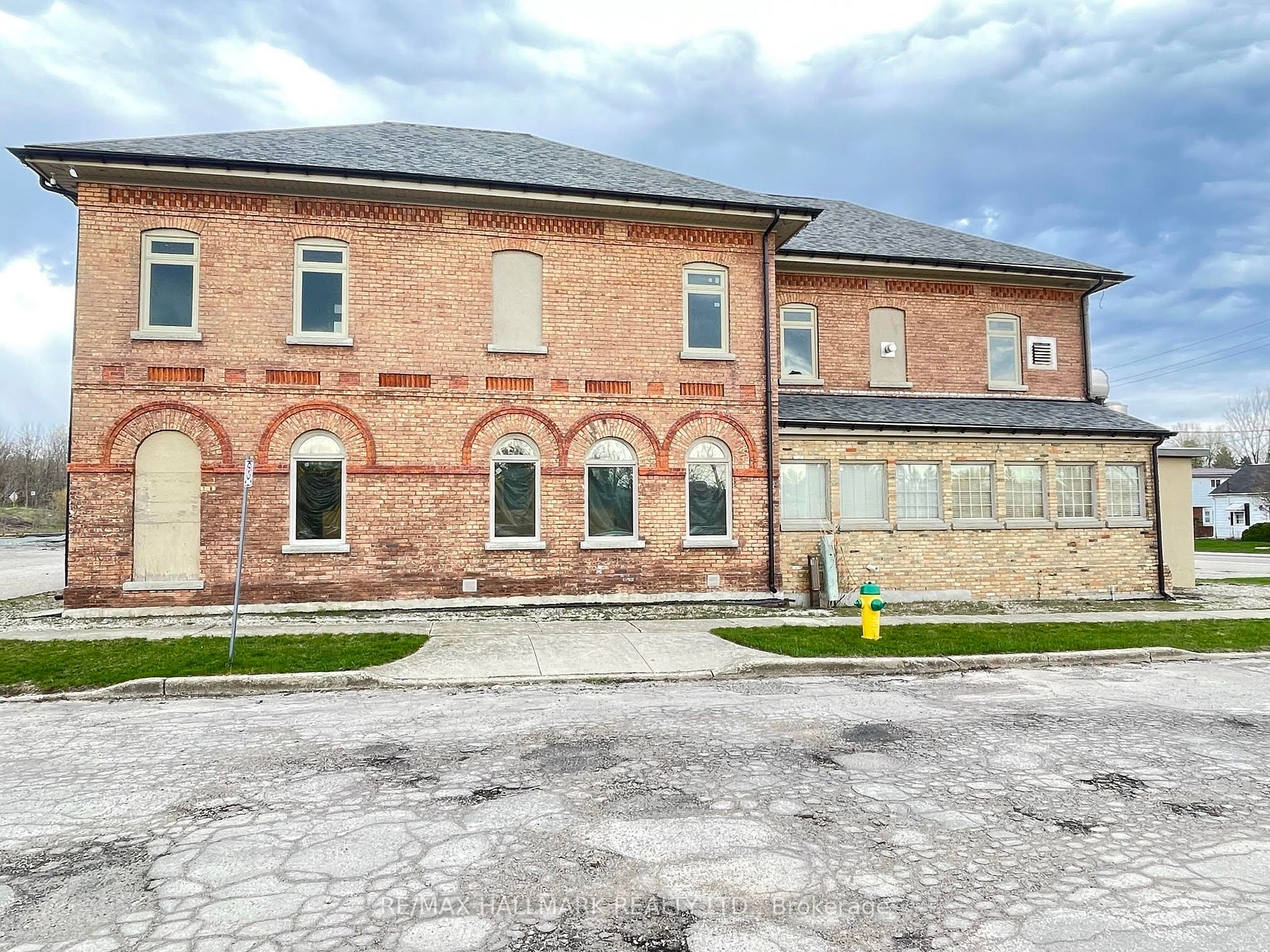

Puravive | Jan 25,2024
I loved even more than you will get done right here. The overall look is nice, and the writing is stylish, but there’s something off about the way you write that makes me think that you should be careful what you say next. I will definitely be back again and again if you protect this hike.
temp mail | Feb 3,2024
I have been diligently seeking information on this subject for quite some time, and yours is the most compelling piece I have come across thus far. Nevertheless, with that being stated, what is the final verdict? Are you certain regarding the supply?